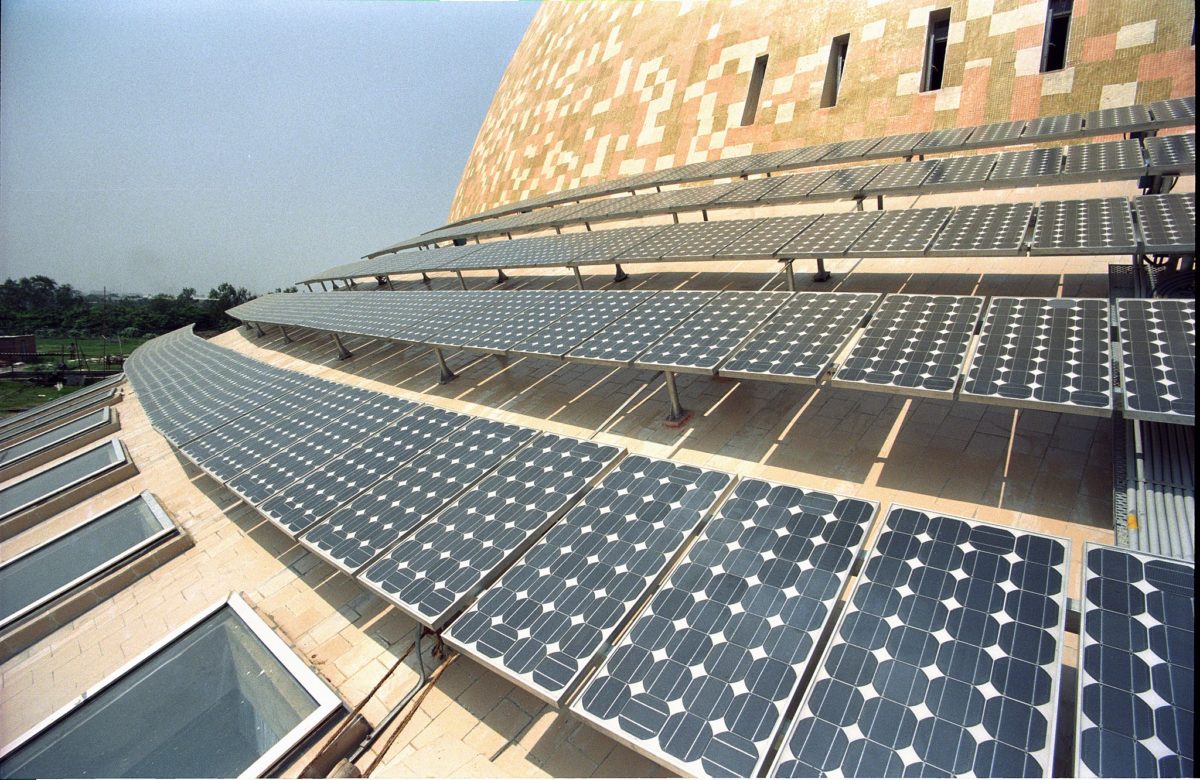From pv magazine international.
The use of rooftop solar simulators – thus far limited to advanced economies with well-established electricity markets and a strong research culture – can now be extended to emerging countries, and to developing cities around the world.
That is the main conclusion of the Solar Simulators: Applications to Developing Cities report published by the International Renewable Energy Agency (IRENA), which describes the evolution and the wide application of PV simulator technologies.
The authors of the study believe the technologies for solar simulators have become cheap enough to enable their deployment “to maximum benefit anywhere in the world at an affordable cost”.
In particular, IRENA found lower costs for 3D rooftop footprint generation and solar irradiation modelling may act as growth drivers for emerging economies. However, the report’s authors add, solar simulators may encounter difficulties in developing cities and may not be immediately applicable to the developing world without considerable reworking, due to a different business and regulatory environment. “Regulatory regimes in these settings are often not sophisticated and still skewed towards traditional generators,” IRENA’s analysts wrote.
Join the debate
Significant adaptation would also be required on the technology side in terms of the technical methodologies aimed at lowering costs, and of development of business cases that adequately reflect the characteristics of developing cities.
“The findings of this work are intended to motivate further dialogue on energy planning in the urban context. Most importantly, they are meant to spur the increased use of proven data-driven techniques – such as solar simulators – to create actionable and pragmatic policy and economic solutions,” the study’s authors said.
The report notes around 130 million people in urban areas have no access to electricity, with around 95 million of them in sub-Saharan Africa.
This content is protected by copyright and may not be reused. If you want to cooperate with us and would like to reuse some of our content, please contact: editors@pv-magazine.com.









By submitting this form you agree to pv magazine using your data for the purposes of publishing your comment.
Your personal data will only be disclosed or otherwise transmitted to third parties for the purposes of spam filtering or if this is necessary for technical maintenance of the website. Any other transfer to third parties will not take place unless this is justified on the basis of applicable data protection regulations or if pv magazine is legally obliged to do so.
You may revoke this consent at any time with effect for the future, in which case your personal data will be deleted immediately. Otherwise, your data will be deleted if pv magazine has processed your request or the purpose of data storage is fulfilled.
Further information on data privacy can be found in our Data Protection Policy.